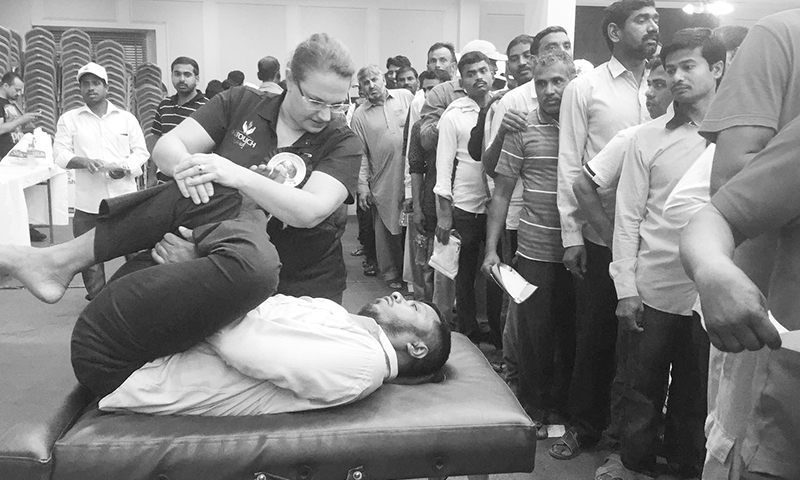94 summer work ban violations in 11 days
Amidst summer temperatures reaching its peak, the Ministry of Labour and Social Development recorded 94 summer work ban violations in a span of just 11 days since the ban was implemented. The rule, which began on July 1 and will remain effective until August 31, bans outdoor work from noon to 4 pm. According to Article 192 of Law 36/2012, violators could face legal action including up to three months in prison or fines between BD500 and BD1,000 for each worker found working outdoors by ministry inspectors.
Speaking to Tribune, Ahmed Alhaiki, Director of Inspection at the Ministry of Labour and Social Development, said, “From July 1 to July 11, which is a span of 11 days the Ministry has recorded 94 violations, while the ministry carried out 4,233 inspections to monitor the implementation of summer outdoor work ban.” He said 185 workers were caught violating the summer ban. “The work ban which was implemented in 2007 was initially limited to construction works but over time with the results of the inspection, suggestion to expand the work ban during summer to include all sectors in labour market was made.” “Moreover, a team of 30 inspectors in charge of supervising the implementation of ban carried out inspection visits to worksites on daily basis. Anyone violating the ban faces up to a three-month jail sentence or a fine not less than BD500 exceeding up to BD1,000 or both.”
“The statistics prove that 98.8pc of companies did not violate the ruling last year and we urge all the companies to abide by the ban this year as well and provide workers with a healthy working environment. “With the increase in the temperature and humidity levels, our main objective is to protect the safety of the workers and further improve their working conditions as well as work towards complying with international standards of working. “Lastly, we urge the workers to approach the ministry or approach the embassies, if there are any concerns; as safety should be a priority and no employer should force the employee to work under such harsh conditions. We would also like to applaud the work of ICRF and other societies that are continuously working towards the betterment of these workers,” Mr Alhaiki added.
Related Posts

